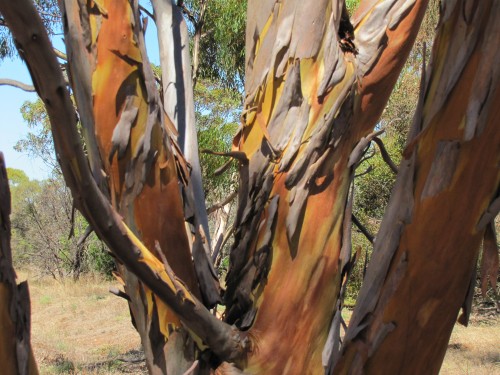Good grief – watch the words you use

“Good grief.”
I heard someone use these words only a few days ago. They made me pause and consider them. Funny how those words had never before made me stop and think (well, not that I can remember). They were spoken as one of our many idioms, expressing surprise or irritation, the normal use and meaning of the expression.
What made me think, however, was the fact that this expression is something of an oxymoron, two words with contradictory meanings. When has grief ever been good? Although, I suppose in the sense that grieving leads to dealing with a loss and moving on with life it could be said to be good for you.
The point I am trying to make is that sometimes we use words in our writing which can convey the wrong ideas, communicating the wrong message to our readers. We need to be careful in the ways we use words and expressions, especially idioms and slang. Of course, the use of idioms and slang, used with discretion, can enhance our portrayal of certain characters in our stories. Overused they can become tedious. Always make every word count and make each word or phrase earn its place in your story.
Interestingly, a web search with the term “good grief” turns up about five million results. At the top of the search I did was an Australian group called “Good Grief“, an organisation dedicated to assisting people dealing with trauma, grief, loss and change.
My message today: choose your words carefully.
Good writing.
